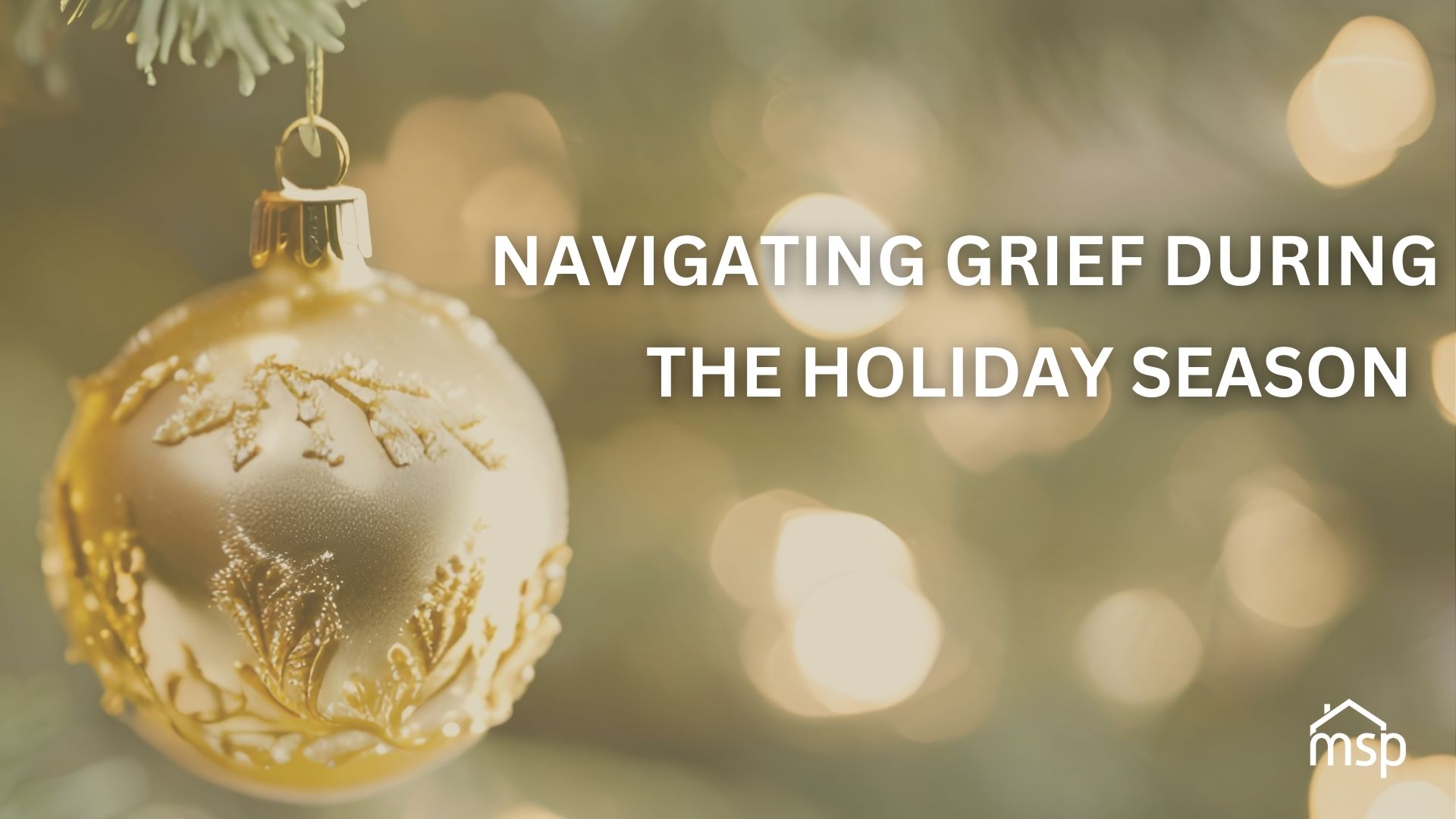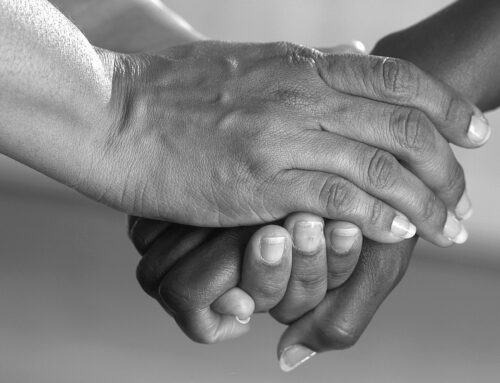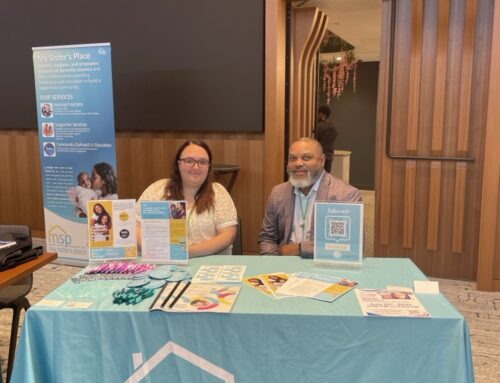Grief During the Holidays
For many survivors, the holidays can be a challenging time, often triggering difficult memories or amplifying the pressures of societal expectations. Yet, this season can also be an opportunity for healing, growth, and creating new traditions. We recently spoke with one of our community advocates to talk about how survivors can navigate this time of the year with compassion and resilience.
A Personal Experience
For many mothers, the desire to make the holidays special for their children can lead to neglecting their own needs. As survivors deal with the effects of domestic violence, the emotional toll can be amplified when familial dynamics change. It is okay to acknowledge that the holidays may not look the same as they once did—and that it’s an opportunity for transformation. The holidays can symbolize healing and new beginnings, and a time to begin new traditions.
Acknowledging Your Feelings with Compassion
During this time, it is very important to acknowledge your feelings. It’s okay to be angry, sad, or overwhelmed, but it’s important to honor these feelings with kindness. Remind yourself that all feelings are valid; what matters is how you express and process those feelings.
Journaling can be a powerful way to release your feelings. Writing down difficult emotions and then tearing up the paper afterwards can symbolize letting go of those difficult emotions. Sometimes, the simplest act of expressing yourself, whether through words or tears, can bring immense relief.
Preparing for Triggers
Family gatherings and holiday traditions may bring painful memories or triggers. Recognizing and honoring your own boundaries is a crucial act of self-care. While others may have expectations of you, it’s essential to prioritize your well-being.
Check in with yourself: If you have time during the holiday, take a moment and check in with yourself. What do you need to feel safe and supported?
Develop an exit strategy: Plan for situations where you might start to feel uncomfortable. This could be taking a walk, leaving early, or stepping aside to breathe. Taking time for yourself, even in small moments, is essential to creating an environment of peace.
Set up a support system: Sharing a “code word” with a trusted friend or family member can signal when you need help without explanation; more on this below.
Set Boundaries
Emotional abuse often leaves survivors feeling like they are a burden when asking for help. It is important to know that you deserve support, and it’s okay to ask for it. One technique that can be helpful is developing a “code word” with your support system. Sharing this word with your support system can signal that when used, you need support. This technique can help you get the care you need without needing to explain yourself in the moment. Setting boundaries can be challenging, but it is a powerful and essential step in protecting your well-being and fostering the healing process.
Turning Grief Into Empowerment
Grief can feel like a heavy burden, but it can also be the beginning of transformation. It is all about a mindset shift. Embracing grief as a part of healing allows survivors to shift their mindset and see it not as a limitation, but as an opportunity for growth.
Our community advocate shared a powerful story about a client experiencing this transformation. The survivor was mourning the person she used to be after experiencing domestic violence. She referred to her transformation as becoming “herself 2.0,” likening it to a software update. In the beginning, when you update your phone, you may feel annoyed with the new features and may feel like it is slowing you down. But once you get used to the new features, you realize how much better and smoother everything is working on your phone. The survivor had to give herself time to get used to her new environment and found that she was the improved version of her past self.
The shift in perspective can help survivors understand that they are not defined by their trauma but are empowered and defined by their resilience, strength, and capacity to rebuild their lives.
Create New Traditions
The holidays can be a time to embrace new beginnings. If past holiday traditions feel painful, consider creating new ones that reflect your current needs and bring feelings of joy and peace. Reflect on what you need and want from the holidays and what makes them meaningful to you—whether it’s a quiet evening with loved ones or simply a time for self-care activities.
Prioritize your well-being and let go of the need to meet others’ expectations and focus on what nurtures your well-being. No matter how you choose to celebrate, this season is an opportunity to redefine what the holidays mean to you—a time for healing, growth, and hope. Remember, your journey is unique, and it is okay to create new traditions that reflect who you are today.





